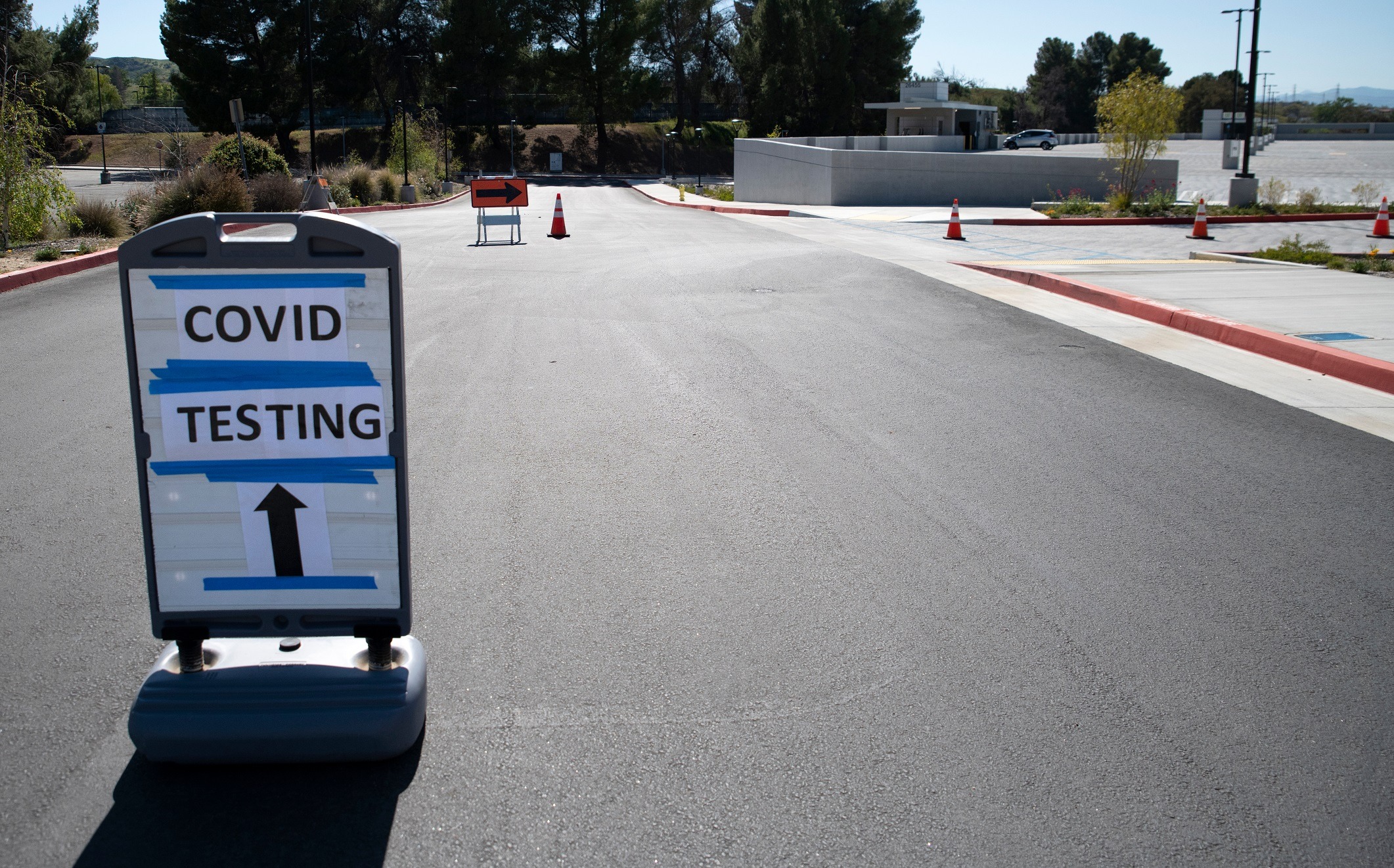
The US FDA has moved to streamline the regulatory path for Covid-19 screening products, in an attempt to improve testing accessibility for asymptomatic individuals.
The regulator issued a new supplemental template for test developers seeking an EUA (Emergency Use Authorisation) so their diagnostic tools can be used in serial testing – the process of screening individuals several times over a short period to increase the chances of detecting asymptomatic infections.
Dr Jeff Shuren, director of the FDA’s Center for Devices and Radiological Health, said: “We believe this effort will pave the way for further expanding the availability of tests authorised for screening asymptomatic individuals, help bolster existing and new testing programmes, and increase consumer access to testing.”
Alongside this, the FDA released a fact sheet outlining what schools, workplaces and other groups need to consider when selecting a test for their screening programmes, including key differences between tests for diagnosing suspected Covid-19 cases and screening asymptomatic individuals.
“This information we’re providing will be helpful to groups as they set up testing programmes,” added Dr Shuren.
“We believe these combined efforts will further expand the availability of tests authorised for screening asymptomatic individuals, including over-the-counter use.”
How the FDA is streamlining regulation for Covid-19 screening products
The FDA’s new template for developers looking to gain an EUA for their diagnostics to be used in serial screening programmes can be found here – along with several other advisory templates the regulator has released regarding in vitro diagnostic products throughout the Covid-19 pandemic.
It applies to developers of molecular and antigen tests for use in serial testing programmes, as well as at-home tests intended to be used in a “serial manner” outside of a testing programme, or to detect SARS-CoV-2 in individuals without symptoms or any other epidemiological reasons to suspect a Covid-19 infection.
According to the FDA, this includes tests conducted in any location, including in a laboratory, at the point-of-care (POC), or even places such as a person’s home or certain non-traditional sites like offices, sporting venues, airports, or schools.
Specifically, the recommendations apply to test developers who seek an EUA from the FDA for certain screening tests prior to conducting relevant performance evaluations with asymptomatic individuals.
“For example, in certain circumstances, a POC test or an at-home test could be authorised for over-the-counter use without the need for validating its use in asymptomatic individuals prior to authorisation,” said Dr Shuren.
“The FDA believes that evidence of a test’s strong performance in symptomatic patients combined with serial testing can mitigate the risk of false results when testing asymptomatic individuals.”
The FDA has also stated that these measures are designed to complement, rather than replace, testing and public health guidance provided by the Centers for Disease Control and Prevention (CDC) – which recommends serial testing should take place at least once per week to reduce disease transmission.






